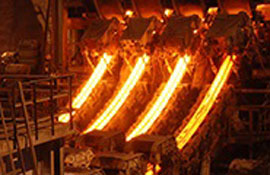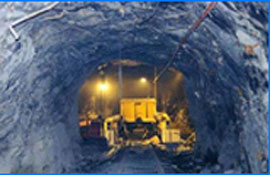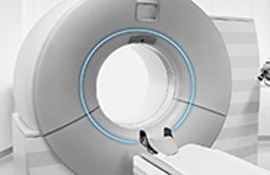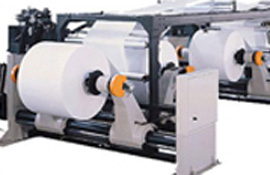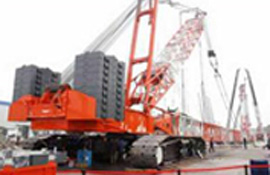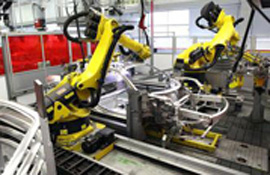Home / News / Ceramic CNC Bearings: Revolutionizing Precision and Performance in Modern Manufacturing
Ceramic CNC Bearings: Revolutionizing Precision and Performance in Modern Manufacturing
Introduction
Ceramic CNC bearings are rapidly gaining popularity in advanced manufacturing, where precision, speed, and reliability are critical factors. These bearings, made from advanced ceramic materials, offer several unique characteristics that make them an attractive alternative to traditional steel bearings. In this article, we will discuss the properties, advantages, and applications of ceramic CNC bearings, emphasizing their role in revolutionizing modern manufacturing processes.
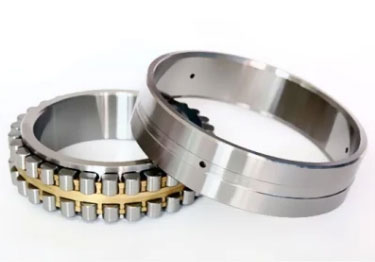
Properties of Ceramic CNC Bearings
Ceramic CNC bearings are typically made from advanced ceramics, such as silicon nitride (Si3N4) or zirconium oxide (ZrO2). These materials offer several properties that are advantageous in CNC applications:
Low Density: Ceramic materials have a lower density than steel, resulting in lighter bearings with reduced centrifugal forces. This enables higher operational speeds and improved machining efficiency.
High Rigidity: Ceramic materials are stiffer than steel, resulting in increased bearing stiffness and improved machining accuracy.
Low Thermal Expansion: Ceramic materials exhibit lower thermal expansion coefficients compared to steel, leading to better dimensional stability and reduced thermal distortion, ensuring consistent precision during high-speed operations.
Electrical Insulation: Ceramic bearings are electrically insulating, eliminating the risk of electrical damage to the bearings and surrounding components.
Corrosion Resistance: Ceramic materials are resistant to corrosion and chemical attack, extending the service life of the bearings in harsh environments.
Advantages of Ceramic CNC Bearings
The use of ceramic CNC bearings in advanced manufacturing processes offers numerous advantages:
High-Speed Performance: Due to their low density and reduced centrifugal forces, ceramic CNC bearings can operate at higher speeds than their steel counterparts, increasing machining efficiency and productivity.
Enhanced Precision: The low thermal expansion and high rigidity of ceramic materials contribute to improved dimensional stability and accuracy during high-speed machining operations.
Extended Service Life: Ceramic CNC bearings exhibit low friction, wear resistance, and corrosion resistance, resulting in a longer service life and reduced maintenance costs.
Reduced Lubrication Requirements: The low friction and wear characteristics of ceramic materials reduce the need for lubrication and extend the life of lubricants, further minimizing maintenance costs and downtime.
Applications of Ceramic CNC Bearings
Ceramic CNC bearings are utilized across a wide range of industries and applications where precision, speed, and reliability are crucial:
Aerospace Manufacturing: The high-speed capabilities, precision, and durability of ceramic CNC bearings make them ideal for the production of critical aerospace components, such as aircraft engines, landing gear systems, and avionics.
Automotive Industry: Ceramic CNC bearings contribute to the manufacturing of high-quality automotive parts, including engine blocks, transmission components, and suspension systems.
Medical Device Manufacturing: The precision and reliability of ceramic CNC bearings enable the production of advanced medical devices and instruments, such as surgical robots, dental handpieces, and orthopedic implants.
Electronics Manufacturing: Ceramic CNC bearings facilitate the production of intricate electronic components, including printed circuit boards, semiconductor devices, and sensors.
Conclusion
Ceramic CNC bearings are revolutionizing precision and performance in modern manufacturing, offering a range of advantages over traditional steel bearings. Their unique properties, such as high-speed performance, enhanced precision, and extended service life, make them an attractive choice for various industries and applications. As the demand for precision and efficiency in manufacturing continues to grow, ceramic CNC bearings will undoubtedly play a pivotal role in meeting these needs, driving innovation and progress in the world of advanced manufacturing.
- Previous: High Precision CNC Bearings: The Key to Superior Performance in Advanced Manufacturing
- Next: CNC Bearing Types: A Comprehensive Guide to Selecting the Right Bearings for Your Application



